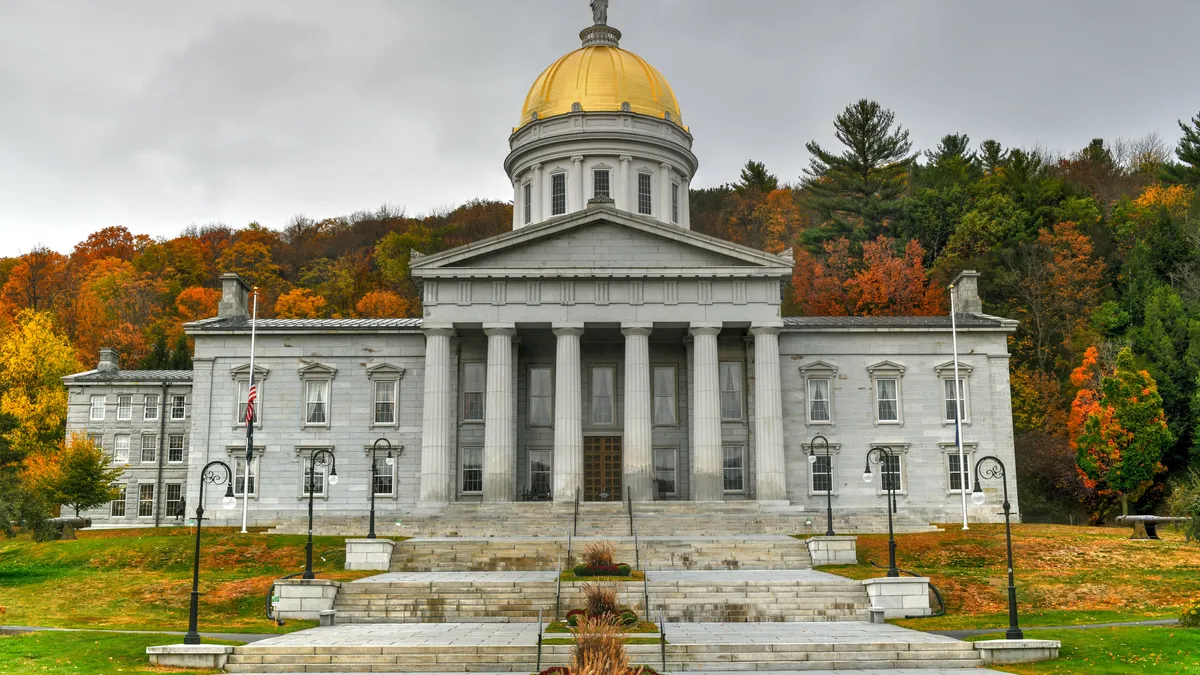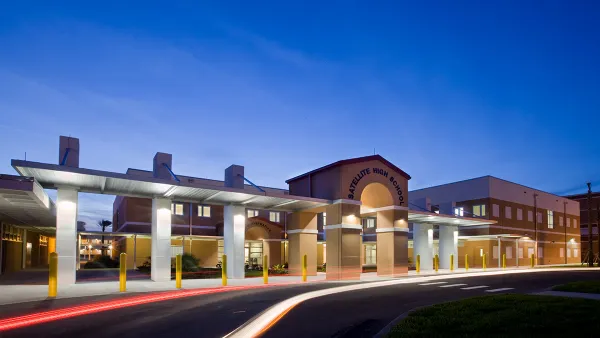Vermont on Wednesday became the sixth state to approve permanent universal school meals, after Gov. Phil Scott allowed the bill to be enacted without his signature, after the House came up with enough votes to override a potential veto.
The state joins California, Maine, New Mexico, Colorado and Minnesota in implementing free school meals for all students. Minnesota and New Mexico were the most recent states to give the green light on the policy for this year only.
The Vermont law, H 165, will take effect July 1 and is expected to cost $29 million in fiscal year 2024. After that, annual cost projections range from $20 million to $31 million going forward.
In a statement on Wednesday, Scott voiced his concerns in a letter to the Vermont General Assembly about the ongoing price to sustain statewide universal school meals. He particularly took issue with affluent families also receiving free meals under a program funded through state property taxes.
“This will be paid for by all Vermonters, including those with low incomes,” Scott said. “That’s not progressive education funding policy, it’s regressive policy that hurts the very families we are trying to help.”
Scott, a Republican, expressed hope the legislature would reconsider “this sincere but regressive policy in the future, so working Vermonters are not paying for the meals of families who could better afford it.”
More states are passing their own universal school meal policies following last year’s end to a pandemic-era provision granted by Congress that provided free school meals to all students nationwide. While an immediate revival of a nationwide policy seems unlikely, the U.S. Department of Agriculture has proposed a rule to expand access to the Community Eligibility Provision, which allows high-poverty schools to serve free breakfast and lunch to all students without requiring families to apply for the aid.
While concerns have emerged over the costs for both national and statewide universal school meals, advocates say these policies could help address child hunger and ultimately improve students’ academic performance and well-being.













